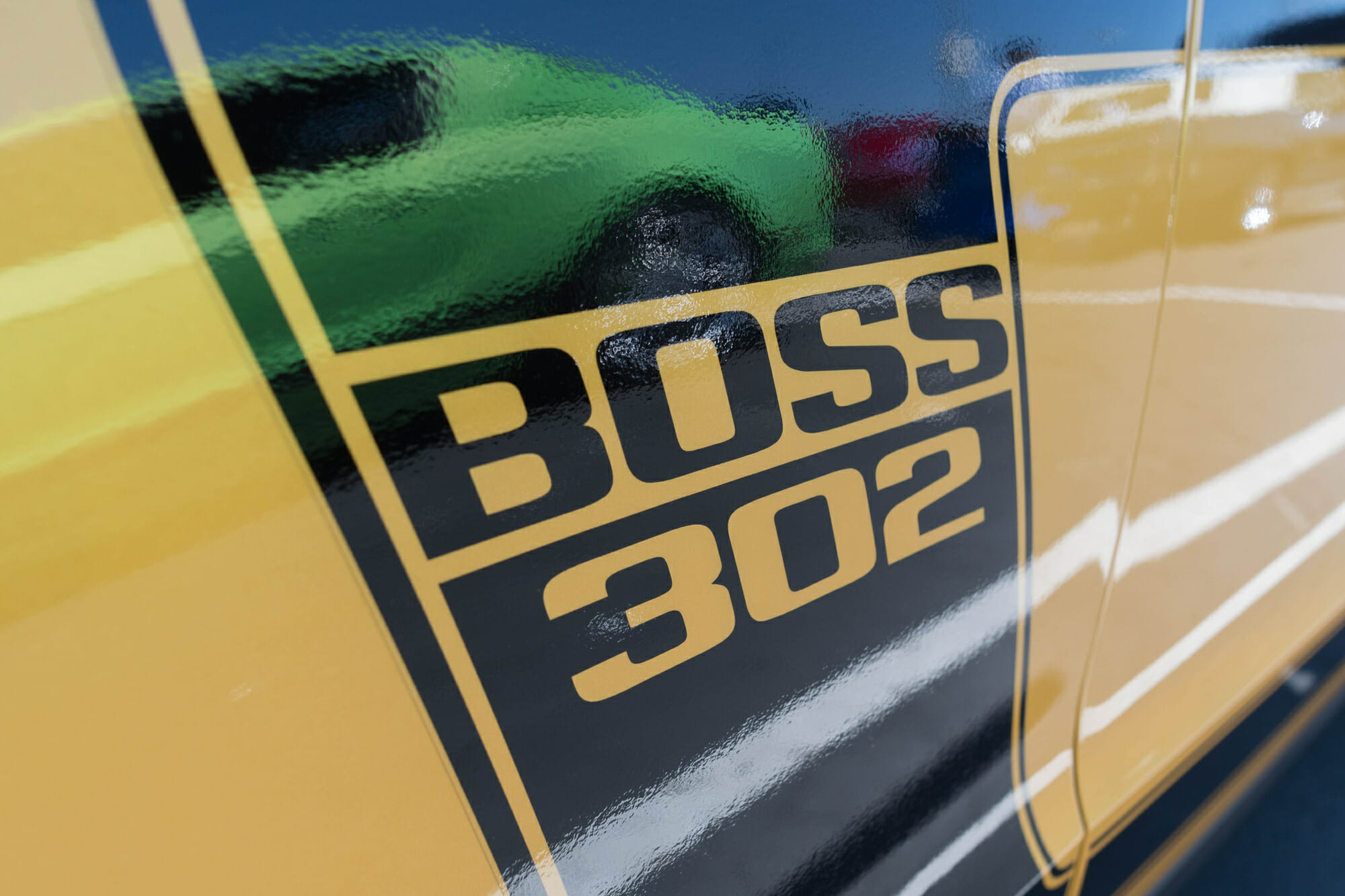
The Ford Coyote engine is often talked about but sometimes misunderstood. This is a Ford Modular engine with ample power and performance. If you’re thinking about rebuilding one or you’re investing in a car with one, there are a few things you have to know.
What are the specs on the Ford Coyote engine?
The Ford Coyote engine is a 5.0L (302 ci) 32-valve DOHC V8 engine. This all-aluminum engine features direct and port fuel injection, high-flow cylinder heads, and improved compression ratio to product 460 horsepower at 7000 RPMs.
As one of the most common engines in Mustangs and Ford F-150s, it’s common that people want to know about the Ford Coyote engine. Here, we’ll talk about the history of this engine, what it does for you, and answer some frequently asked questions about it.
What Is the History of the Ford Coyote Engine?
The Ford Coyote engine is one of the most interesting and important engines in the company’s lineup today. It is heavily used in Ford F-150s, which are some of the most powerful trucks on the market, and in Ford Mustangs, equally important to the brand.
The new engine was developed in 2010, which pleased most Mustang loyalists who were ready for something with more power and performance. Over the next ten years, though, these engines have changed a great deal.
The original 2010 Ford Coyote engine had a new look and engine. The previous year featured a 4.6L (280.8 ci) 3-valve engine. The Ford Coyote engine, a 5.0L engine, brought back a lot of the historic and iconic features that Mustang lovers want. It was a Modular engine, and that matters.
There were things that made it different, including the cast aluminum block and cylinder head design. It also featured a composite material intake manifold. Most of the inside components remained the same. This vehicle has a compression ratio of 11.0:1.
One key advantage this vehicle had was being the first dual overhead camshaft cylinder head developed by the company since the 4-valve 4.6-L engine. It also features a Ti-VCT or twin independent variable cam timing.
Ford produced this engine in its original form from 2011 through 2014. These vehicles rated 420 horsepower at 6500 RPMs and 390 lb-ft. at 4250 RPMs.
The next generation brought with it more power. It offers 435 horsepower at 6500 RPMs. The torque also grew to 400 lb-ft. at 4250 RPMs.
The third generation was launched in 2018. It has a number of changes, including direct injection. This is unique in that it combines high-pressure direct injection along with low-pressure port injection found in the previous models of the engine. That moved compression to 12.0:1.
This third generation also increased the bore diameter from 92.7 mm in the first generations to 93 mm in the third. The fuel system also helped to improve efficiencies and performance overall.
The power also grew with the Coyote 3 generation. It now reached 460 horsepower at 6500 RPMs and 420 lb-ft. at 4250 RPMs.
For those comparing options, there are a few other changes. The Boss 302 Mustang engines had these engines in them in the first generation.
The 2020 model year brought with it even more changes. The Ford Coyote for this vehicle, called the Predator, will give owners has 760 horsepower at 7300 RPMs and 625 lb-ft. at 3000. That’s a huge jump.
Which Models Feature the Ford Coyote Engine?
There are a few models of vehicles that have used the Ford Coyote engine, including:
- 2011 to 2020 Ford Mustang GT
- 2011 to 2020 Ford F-150
- 2014 to 2016 Ford Falcon XR8
- 2020 Ford Mustang Mach 1
- 2012 to 2013 Ford Mustang Boss 302
People Also Ask These Related Questions About the Ford Coyote Engine
As one of the most powerful engines to find in everyday cars and trucks today, there is a lot of questions about what they are and how well they work. Here are some of the most common questions asked about them.
How Long Do Coyote Engines Last?
These engines are designed to last. If you keep up the maintenance on them, you may be able to reach 200,000 miles on most vehicles. This also depends on how much work the engine has to do. It may still need some upgrades and a tune-up during that time.
Is the Ford Coyote Engine a 302?
The Ford 302 engine is similar to that of the Coyote, but the two are different. The Coyote is an 11.0:1 compression engine, which was the most powerful of aspirated engines. The 302 does not offer that same benefits, even in racing conditions.
Is the Ford Coyote Engine a Reliable Engine?
Ford put these engines into its most important vehicles. And these were designed to handle the work that is often done in the Ford F-150 line up. As a potent engine with an exceptional design and a lot of power, these vehicle engines are considered reliable.
Does the Ford Coyote Engine Have a Lot of Problems?
The engine has had few concerns as of this time. These turbocharged engines can fail, but because they have so many fewer pieces, there is less to fail. They are designed to be far less complicated than other models on the market as well, again making them a solid option.
Which Is Better, the Ford 3.5L or 5.0L Engine?
The key here is to consider what you want. If you are after fuel efficiency, the EcoBoost engines are the way to go. On the other hand, when you want ample performance and power, the Coyote engines found in the 5.0L or larger level may be best.